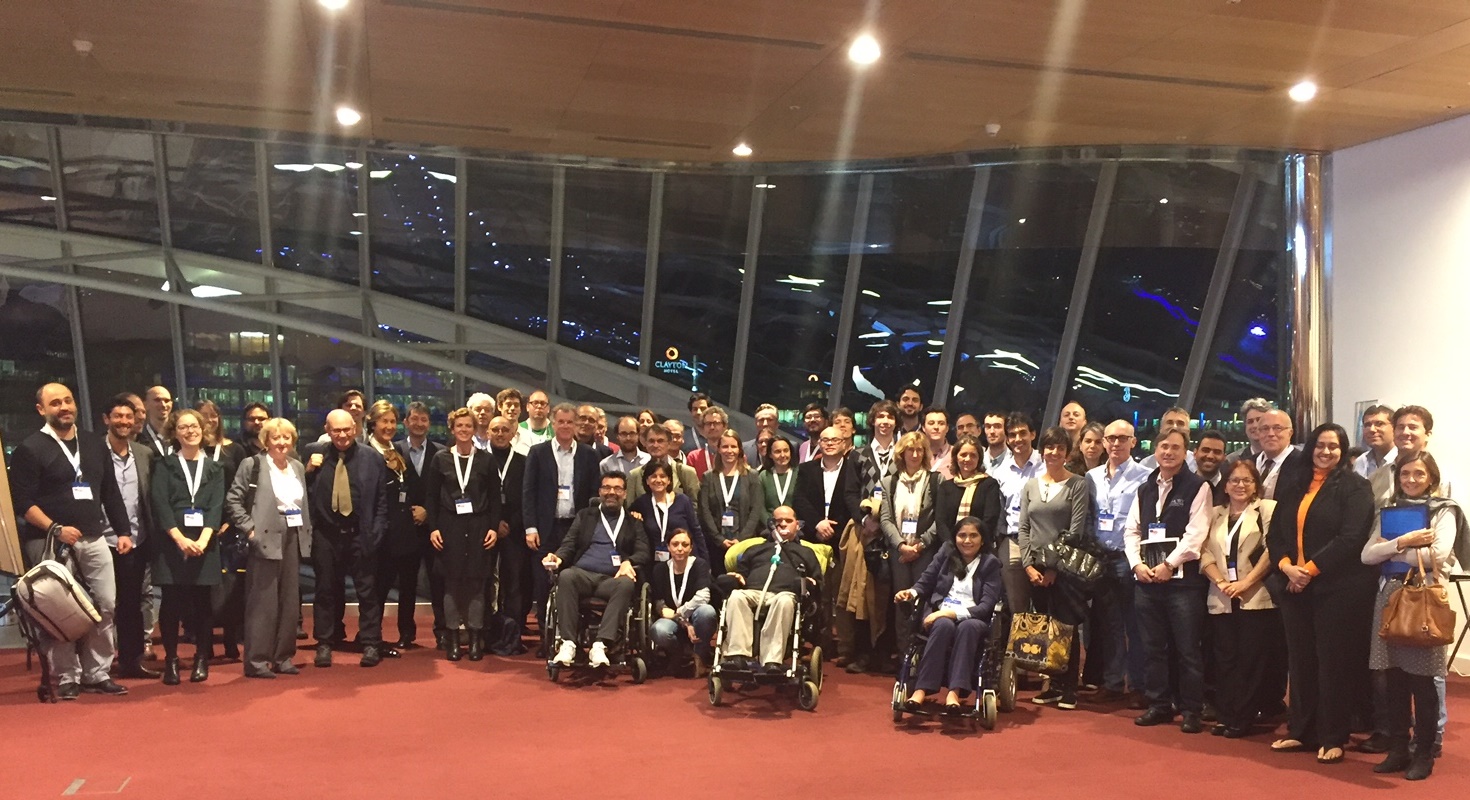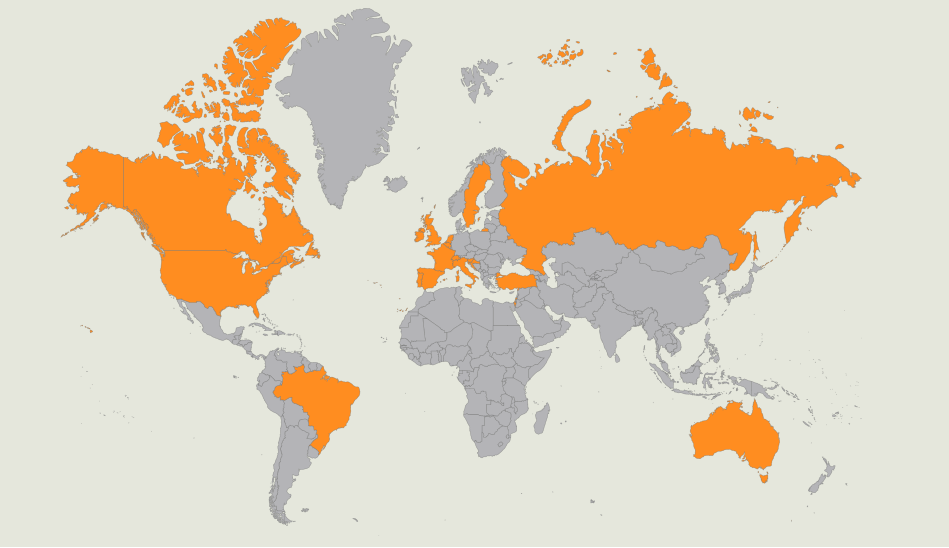Nineteen countries work together in project MinE. More countries are welcome to join!
ALS centres willing to join Project MinE preferably have:
- a number of blood/DNA samples of ALS patients (preferably also controls), and
- a collaboration with a foundation for fundraising.
Please contact us if you are interested in joining project MinE, email: info@www.projectmine.com.
Researchers and representatives of ALS/MND foundations are very welcome to join our next Project MinE consortium meeting during the ENCALS meeting in Oxford in June 2018.

